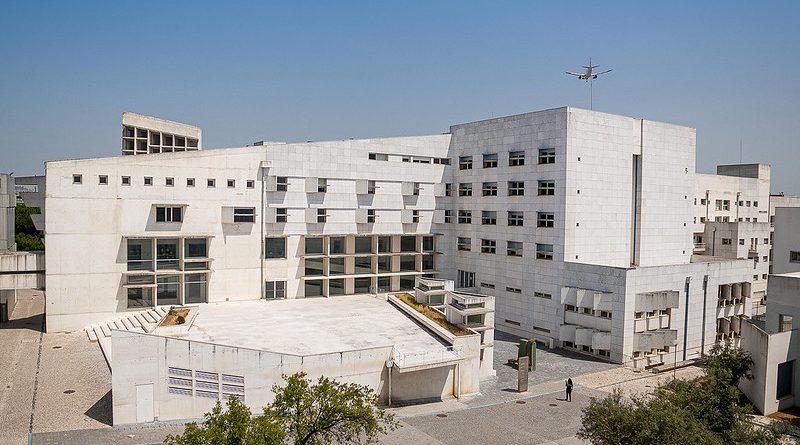Open Call for 2 doctoral grants in the context of the ERC Starting Grant “AfDevLives”
The Centre of International Studies (CEI) at Iscte – University Institute of Lisbon (Portugal) announces the opening of a competition for 2 (two) doctoral grants in the area of African Studies or related fields.
The positions are offered in the context of the ERC Starting Grant “AfDevLives: The Afterlives of Development Interventions in Eastern Africa (Kenya, Tanzania, Mozambique)” (Ref. 101041788), hosted by CEI-Iscte and led by Dr. Yonatan N. Gez.
AfDevLives studies the legacies of development interventions and their long-term impact on local communities. The successful candidates will pursue their doctoral thesis at CEI-Iscte (starting in October 2022), where they will be fully integrated into the project’s interdisciplinary research team and activities, and assume an active role in advancing the project’s academic and non-academic objectives. Team members will be based in Lisbon and will conduct multiple rounds of extended fieldwork in Eastern Africa (Kenya/Tanzania).
The competition is open between April 15th and May 31st 2022 (midnight) and is intended for applicants who meet the conditions necessary to enroll in a relevant doctoral program at Iscte.
Applications and supporting documents will be submitted to both doutoramentos.cei@iscte-iul.pt and afdevlives@gmail.com, and will carry the subject line “ERC_doctoral grant_[candidate’s name]”.
About the project
International development involves ideologies and activities ostensibly directed towards the improvement of well-being of populations in the Global South. Mainstream development interventions emphasize forward-looking ideas of progress and advocate for novelty. In so doing, however, the sector is often myopic, as evidenced by countless unintended consequences that stretch beyond interventions’ official life cycle. Whether deemed success or failure, such interventions leave behind a long trail of tangible and intangible traces. Project AfDevLives explores how development interventions’ representational and material remains are experienced, employed, and re-appropriated by local actors over time, and how such active immanence of the past affects people’s life-worlds. It weaves together three temporal gazes: prospective (development’s blueprints); retrospective (sediments of the past, shorthanded as interventions’ ‘afterlives’); and present-time lived experience. Consciously de-centering formal development discourse and temporalities, the project develops and applies a phenomenological framework oriented around embodiment and intertwinement of people, objects, and space. Using an interdisciplinary approach centered on social anthropology, research will be conducted in Kenya, Tanzania, and Mozambique, neighbouring Eastern African countries that are among the highest recipients of development aid and whose past and present balance continuities and ruptures. The project will unfold via an iterative process involving four complementary work packages: Movement, Image, Storytelling, and Synthesis. Working across work packages, countries, and case studies, the project will pursue three categories of objectives: conceptual (methodological toolkit), empirical (based on extensive ethnographic fieldwork), and practical (aimed at the development sector, local heirs of interventions, and the public at large). The project will result in a robust set of outputs.
Additional references:
https://blog.cei.iscte-iul.pt/erc-grant-yonatan-development-east-africa/
Gez, Yonatan N. 2021. “The Afterlives of International Development Interventions: A Site-Specific Approach.” Journal of Development Studies 57(9): 1511-1526.
![]() This work is licensed under a Creative Commons Attribution-NonCommercial-ShareAlike 4.0 International License.
This work is licensed under a Creative Commons Attribution-NonCommercial-ShareAlike 4.0 International License.


